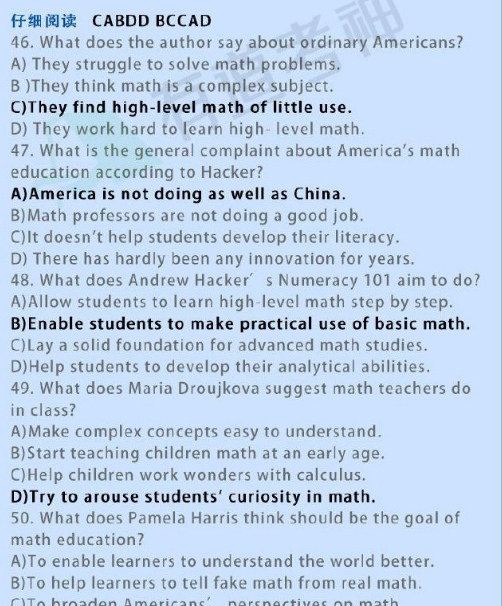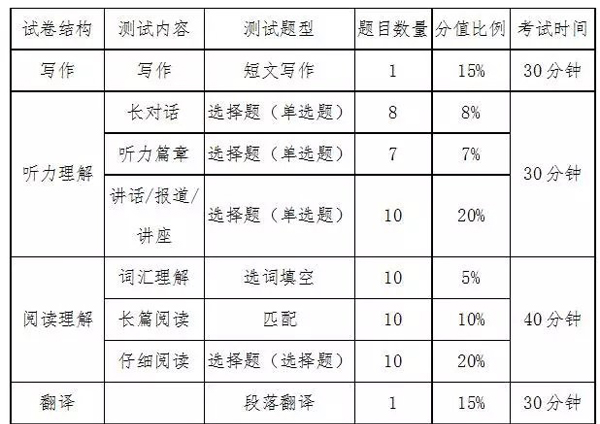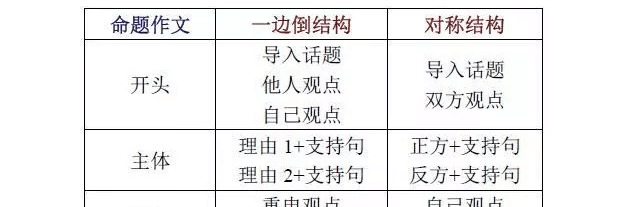Time to rejoice - and reflect
|
Today's celebrations marking the 30th anniversary of China's reform and opening up should have been euphoric for the country and the world - for the benefits to both are all too apparent. Instead, amid the global economic gloom, they will be muted. The decoupling theory has gone out of the window as economies around the world find themselves in a tighter embrace than before. So in China, there will be some inevitable grouses about how reform and opening up have not brought home riches and ever-rising prosperity to all. The laid-off State enterprise worker would no doubt prefer the days of job and perk security for life. The Dongguan toy factory worker will wonder whether the sacrifice of leaving home for a job thousands of kilometers away only for his overseas boss to decamp overnight is worth it. State-owned enterprises, brought to the altar of the marketplace - some eagerly, some reluctantly - in ongoing market reform will be carefully evaluating their position. They are global market players seeking innovation, adequate levels of capital, the right technology and marketing strategies; yet there are calls all round for them not to lay off any workers - indeed, not even cut year-end bonuses. No doubt, as top leaders gather today at the Great Hall of the People to mark the epoch-making day 30 years after the country decided on reforms and opening up to the world, there will be somber reflection along with a strong sense of achievement. They will stress the remarkable progress charted over the 30 years; and, as they set the agenda for the coming years, will most likely point out that the need is for more reform, not less. Yes, there have been birth pangs; and there will be growing pains. As Deng Xiaoping, the architect of the reforms, presciently said in 1993, we will encounter more problems as we develop than we would if we were in a state of under-development. But the phenomenal success of the reform and opening up is not remotely in doubt - few who have seen the changes, either in China or overseas, have questions about its historic significance. Mere statistical evidence is jaw-dropping. Simply put, never in history has the lives of so many millions been transformed in such a short period. More compellingly, it is about people - once helpless individuals starting up their own business, poor villages becoming better-off communities, sleepy towns thriving in modern manufacturing and winning contracts worldwide. Poverty, a legacy from the wars and social turmoil in most of the 20th century, has been effectively reduced, as national welfare programs, such as health and education, continue to be improved. A modern market economy, for all its inadequacies, has been providing increasing choices and opportunities for the world's largest working population. In contrast, 30 years ago, many people had questions and even quite serious doubts. Conflicting reports about China were printed side-by-side in newspapers. Now, it would be instructive to recall some of the skeptical, if not cynical, comments that China once heard from overseas and compare them with reality. Many of those comments are no longer heard. But at one time or another, they were being recycled at a high frequency. Maybe they should not be all forgotten, as occasionally revisiting them may help people better appreciate the uniqueness of the Chinese reform experience. In the early 1980s, when reform was being urged by Deng and his colleagues, one standard remark according to the new line of the Chinese leadership was "neither donkey nor horse". How could an economy, which, up to that day, only featured centralized planning and control shifts to incorporate market forces? How could a society where nearly every wall on the street was painted with ideologically-charged slogans allow individuals to dream of material incentives? How could a people with more than 80 percent of them still living in the countryside doing work not much different from 1,000 years earlier, pursue modernization? By throwing together ideas borrowed from disparate systems, those people used to say, China could only become a strange combination of contradictions. There might even be a danger of the country continuing to be bogged down in endless internal conflicts. On the surface, the commentators were certainly right. Through the initial decade or so, Chinese economists introduced a huge number of experimental projects - based on inspiration from the former Yugoslavia, Hungary, Scandinavia, the United States, Japan, and the so-called "little tigers" of Asia - Singapore, Hong Kong, South Korea and Taiwan. Many of the experiments did not come to fruition and were merged with other experiments. Retrospectively speaking, it does not matter, actually, how they worked out - so long as they could meet one criterion, most concisely summarized by Deng, that "poverty is not socialism". Or, socialism does not allow for poverty. So all the efforts, not just economists' experiments, but all villages', all factories', and all citizens' attempts to seek the kind of mix and remix of economic inspirations that they felt comfortable with. In the mid-1990s, the reforms looked precarious. Citizens were disgruntled - with the rampant official corruption (though far from eradicated now), fake merchandise, and painful progress of State-owned enterprises. Why not, some critics said, transplant a ready system from a mature market economy? Why must we try to re-invent the wheel? However, society is not a machine. There is no ready design, moreover, to transform a formerly rural society with a vast population of so much diversity, into an orderly, competitive market system. In many aspects, people have to go through many ups and downs together to form a shared experience, and learn to work with each other. The Chinese had deep suspicion of the high-profile short cuts to the market economy, like the Russian shock therapy. Guided by their farmers' wisdom, they opted for a seemingly go-slow strategy. Reform is the goal, of course, but it should be pursued in such a way as to benefit development. Only development can convince the people, as Deng famously told his audience during the last inspection tour of his life in 1992. But in only a seemingly go-slow decade, a fair number of once bureaucratic State-owned enterprises were restructured, with shares issued to the public, in exchanges in New York, Hong Kong, London, Singapore as well as Shanghai and Shenzhen. In the meantime, large numbers of privately-held small enterprises, including technology startups, sprang up along the coast. Small enterprises, in manufacturing and in service industries, have become the hotbed of new urban jobs, redirecting former rural labor forces into the cities. Whenever feasible, international norms and practices were also imported, and not in small measure. In 2001, the accession to the World Trade Organization provided China with an important window of learning. To use the metaphor again, China didn't buy a whole wheel from abroad. But more and more parts of the made-in-China wheel are of the world's standard design. Now we come to the new century. With its newly earned importance in global trade - along with all the positive and negative reports about made-in-China goods, American politicians coined a new name for China - "Adam Smith on steroids". One side of the phrase is a clear acknowledgement that China is now a competitive economy - does anyone still remember how meager the nation's import and export volume was 30 years ago? It was, in dollar terms, only less than three days' business nowadays. In other words, China's foreign trade grew from a little more than $20 billion in 1978 to an estimated $2,720 billion in 2008. In terms of GDP, the primary measurement of a country's economic might, China's 2008 record is estimated at 27,078.8 billion yuan, more than 70 times the 1978 figure. There is another side of the coin, admittedly: Concerns about quality, such as tainted milk, which sneaked through the age-old quality inspection system and harmed at least 290,000 babies in this country. The Chinese do not shy away from the fact that in many corners of their land, there may have been growth in money or in numbers, but hardly as much benefit to the customers and the workers. In 2003, it was amid the public health crisis of SARS (severe acute respiratory syndrome) that the central government first raised the principle of "people first". People should be the purpose of all development. That is why more resources (though they never seem enough) are being committed to such mass social security programs as rural medical care and schools, aid for the low-income and jobless, and environmental protection and emission control. Laws are being enacted and amended to better protect citizens' economic rights, the recent one on farmers' land-use rights and their autonomous cooperatives, for example. Much of the 4 trillion yuan stimulus package that Beijing has designed to cope with the global financial crisis features no more costly and energy-consuming projects. Most of them, as public infrastructure projects, have a very clear emphasis on the development of quality of life in urban and rural settings. |








